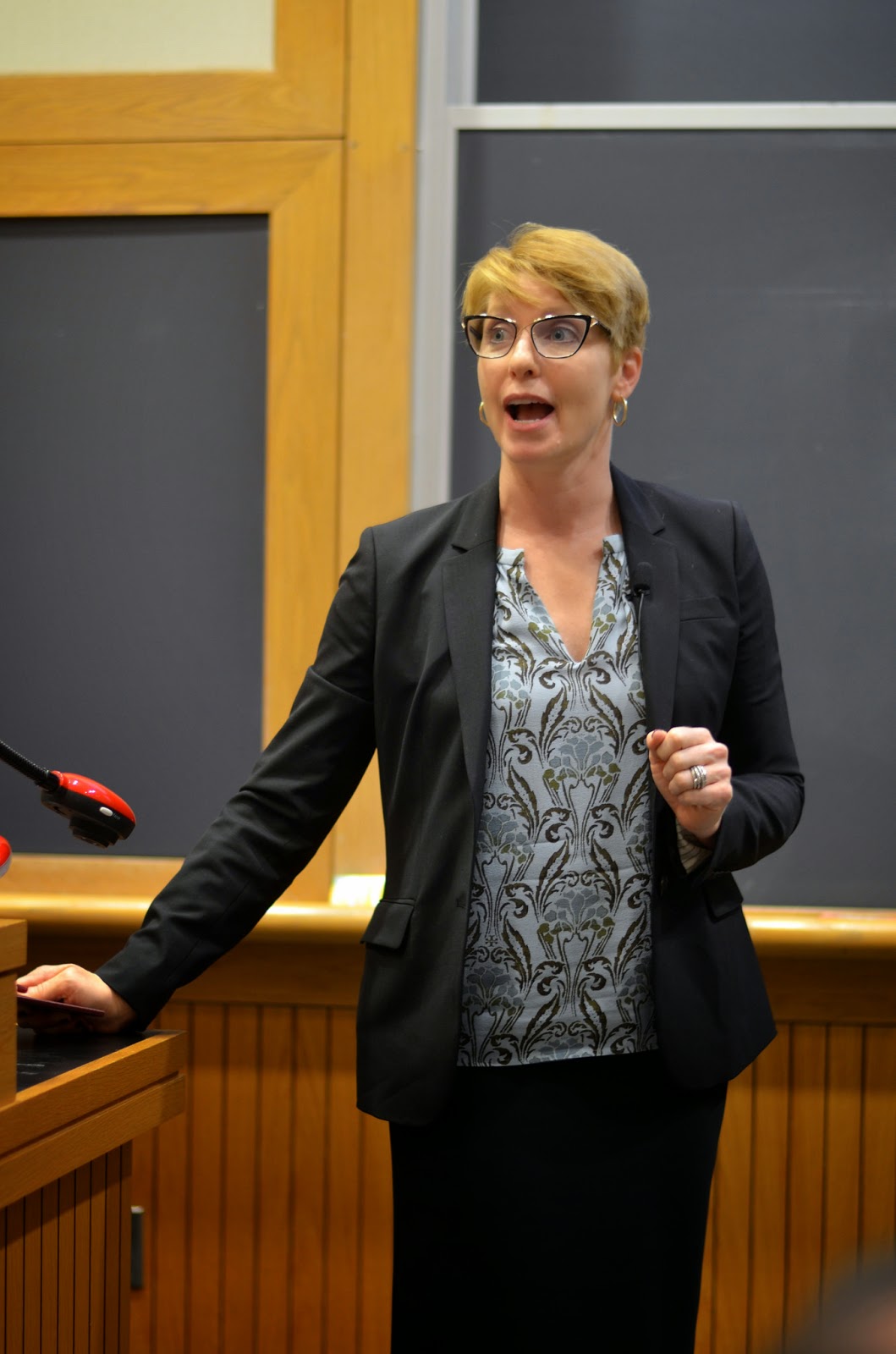- Public Policy
- Leadership
- Funding
- News & Events
- About the Center
Back to Top Nav
Back to Top Nav
Back to Top Nav
Back to Top Nav
This ongoing series explores sessions of the Management and Leadership Development Program (MLDP) through participant narratives. MLDP is a one-term program designed to develop citizen leaders among sophomores, juniors, and seniors at Dartmouth College. Led by expert guest speakers each week, sessions employ experiential teaching techniques to engage students through hands-on learning of core management and leadership skills.
As a student, an employee, a job applicant, or a colleague, effective written communication in formal settings is essential. Young adults, however, are rarely taught the explicit "do’s" and "don’ts" of professional writing, leaving much up to guesswork. Professor Jennifer Sargent, a Visiting Professor of Writing at Dartmouth, took the guesswork out of formal written communication by dissecting and analyzing each facet of written messages with her lecture entitled “Writing in the Workplace.”
When I first heard guidelines such as “say what you mean” or “be aware of your audience,” I thought these statements were obvious. I soon found that I was guilty of making almost all the common mistakes. Being clear and concise and using the appropriate language and tone for your recipient means that I should alter the way I write according to each circumstance. For example, an email to my chemistry lab partner requires very different jargon, tone, and structure than a project proposal to my boss. Once we understood how to tailor our message to our audience, Professor Sargent pointed out that our audience is not actually just the person we to whom we are writing. Messages can be forwarded or copied and shown to just about anybody, and I had never fully considered how anyone could potentially read what I wrote. Going forward, I will treat every email with care as it could hold many potential opportunities.
 |
| Professor Sargent addresses an audience at the Rockefeller Center. |
Lastly, Professor Sargent outlined many useful ways to eliminate guessing including always bringing a pen and notebook to a meeting, listening carefully to indicative words, and asking important questions to fully understand expectations. Following the lecture, we practiced what we learned through writing responses to tricky case studies and asking questions to determine what should be addressed. While I was completing the exercise, I found myself focusing on the new guidelines I had learned. This made my writing much stronger and clearer.
Overall, this MLDP session was extremely useful. It helped clarify many questions about formal writing that I never even knew that I had. Though I plan to major in Economics and minor in International Studies, I want to continue to practice and enhance my professional writing skills. I know that any job or opportunity I pursue for the rest of my life will be more easily attained and greatly enhanced with strong writing abilities.
-Written by Olivia Rosen '17, Fall 2014 MLDP Participant